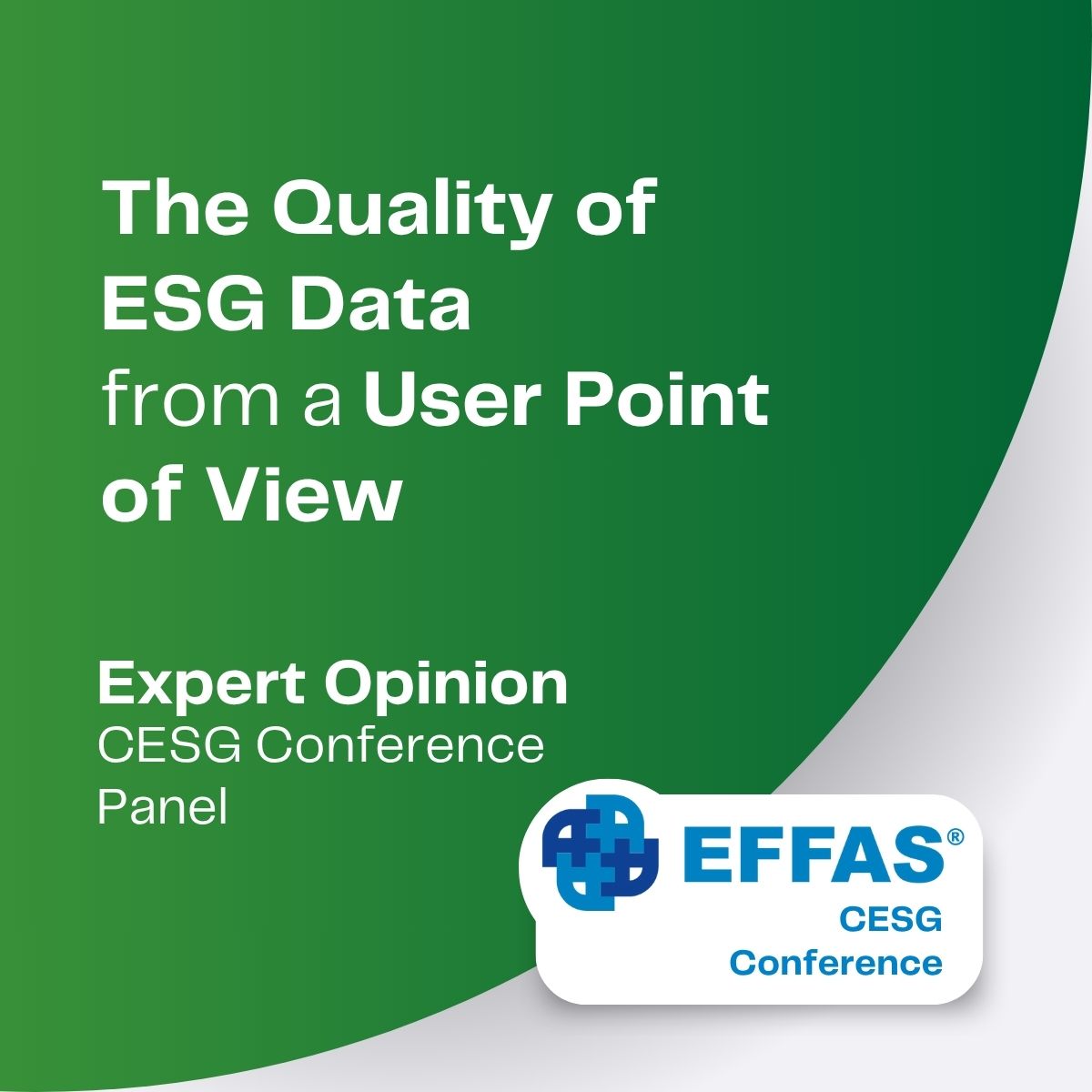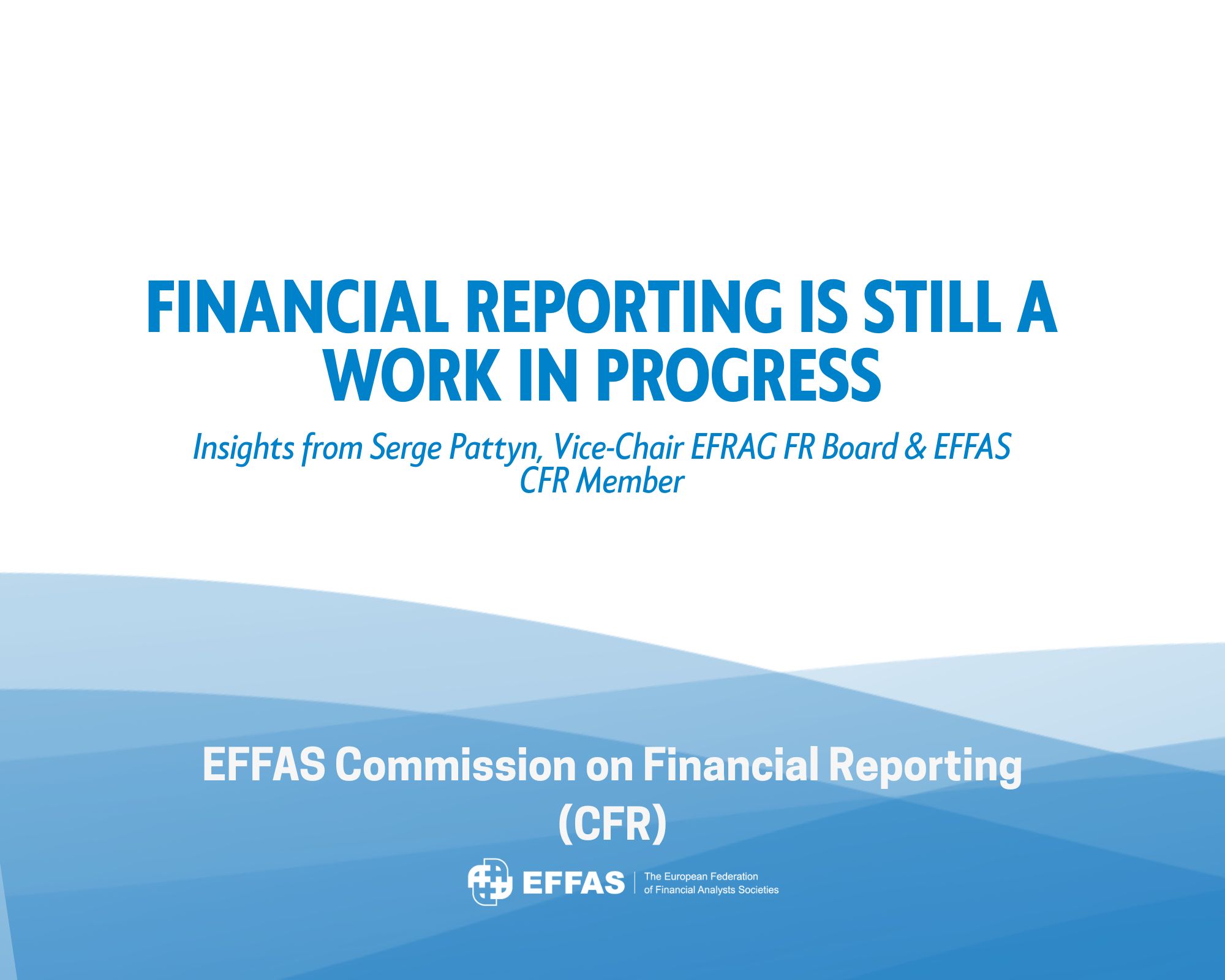Introduction: Why Data Quality Matters
As ESG disclosure frameworks evolve, the real challenge remains data quality. From the user perspective, ensuring comparability, reliability, and timeliness of ESG data is crucial to support informed investment decisions. Investors rely on this information not only to meet compliance requirements, but to evaluate risk, seize opportunities, and allocate capital responsibly.
Moving Beyond Quantity
The future of ESG reporting will not be determined by the sheer quantity of datapoints available. What truly matters is the consistency and usability of that data. Without clear standards and reliable methodologies, the abundance of datapoints risks creating noise rather than clarity. Analysts and corporates alike need information they can trust if sustainability goals are to be translated into actionable strategies.
From Compliance to Value Creation
Despite progress in ESG reporting, gaps and inconsistencies continue to frustrate users. Discrepancies among providers, opaque methodologies, and the tendency of some companies to overstate their achievements all undermine trust. Frameworks such as the Omnibus bring valuable simplification but may also result in incomplete or diluted datasets.
From the user’s point of view, ESG data must go beyond compliance. It should become a tool for forward-looking risk management and value creation. That requires engagement with companies and data providers, challenging assumptions, and contrasting sources. Analysts play a vital role here: their judgment turns data into meaningful insights.
The Real Need: Impact and Transparency
Amid the proliferation of hundreds or even thousands of ESG datapoints, only a few decisive factors truly shape competitiveness and resilience. Identifying these critical datapoints, and ensuring their quality, is more valuable than accumulating endless disclosures of marginal significance.
In the past, companies focused primarily on reporting their contributions to GDP through annual accounts. Today, they must also disclose their impact, positive and negative, on the environmental and social landscape. By embracing this transparency and focusing on what is truly material, businesses can make informed decisions that ensure their long-term sustainability. This is why robust, high-quality ESG data is not just a reporting requirement, but the foundation for effective management decisions.
About EFFAS
EFFAS is a Not-for-profit organisation set up in 1962 with 15 national member associations in Europe, representing more than 18,000 Financial analysts, Asset managers, pension fund managers, corporate finance specialists, risk managers, treasurers among many other professional profiles from the investment profession. EFFAS is a certification body for finance with over 27,000 certificate holders worldwide.
For any further information, please contact:
Álvaro Wagener Díez | Marketing & Communications Manager
E-mail: a.wagener@effas.com | Phone Number: +49 69 98959519







